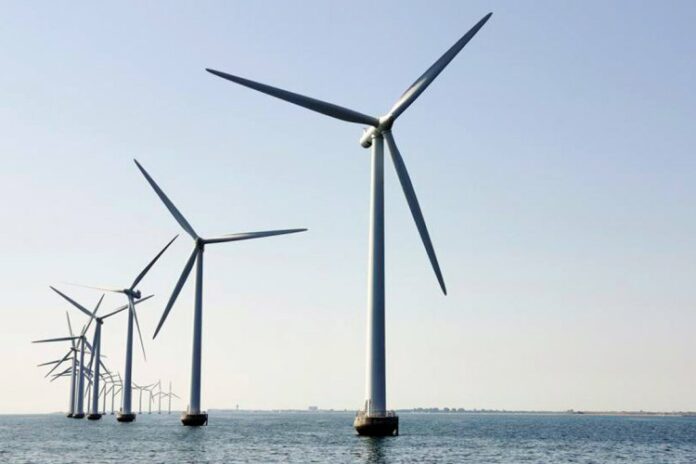An expanding Offshore Wind Accelerator (OWA) has announced its research focus areas for the next 12 months.
The OWA aims to reduce the cost of offshore wind, overcome market barriers, develop industry best practice and trigger the development of new industry standards. It is the largest of several industry-led, collaborative research, development and demonstration programmes managed by the Carbon Trust and is now in its thirteenth year.
A total of 15 common research and development projects have been identified as part of the second year of the fourth stage of the programme including:
- Logistics and operations and maintenance (O&M) – low emission vessels and offshore charging standardisation, and improved O&M and logistics strategies
- Cables – mechanical limitations of submarine cables, cable protection systems, lifetime extension of installed cables
- Electrical systems – High Voltage Direct Current (HVDC), condition-based monitoring, fault detection, grid stability studies
- Foundations – design guidance for pile installation in weak rocks, wave run-up forces on secondary structures, impact of more relaxed flange fabrication
- Yield and performance – continuation of work in mesoscale wake modelling, floating LiDAR for increasing hub heights
This comes at a time of expansion for the OWA, with Total having joined this year alongside existing members: EnBW, Equinor, Ørsted, RWE Renewables, ScottishPower Renewables, Shell, SSE Renewables, and Vattenfall.
Olivier Terneaud, Vice President Total Offshore Wind said:
“Total is delighted to join the Carbon Trust’s Offshore Wind Accelerator. The UK has become one of the most important offshore wind markets in the world and that makes it an ideal place to test new technologies that will increase efficiency and drive down costs. Total has great ambition for renewable energy and we are now involved in important offshore wind projects off the coasts of England, Wales and Scotland. As part of our ambition, we also look forward to collaborating with the OWA to drive forward technical excellence in offshore wind and renewable power.”
The core programme receives all of its funding from the industry partners. For larger joint industry R&D projects (‘discretionary projects’), public funding is often utilised from a range of governments, depending on the location of the project. For example, the VERBATIM project, which analyses pile tip buckling behaviour during foundation installation and develops design procedures to enable materials and cost savings, is receiving German government funding.
Jan Matthiesen, Director Offshore Wind, the Carbon Trust said:
“The Offshore Wind Accelerator is a world-leading, international programme dedicated to the advancement of offshore wind and we are excited to reveal details of our focus areas for the next year. As the programme continues to go from strength to strength we also welcome Total, as the latest industrial partner to join the OWA.
Over the first decade of the programme, innovations developed through the OWA contributed to a 15 per cent reduction in levelised cost of energy offshore in Europe. As the industry matures and expands globally, we face new challenges and look forward to building on the OWA’s success to advance offshore wind, an important clean energy solution to help address climate change.”



